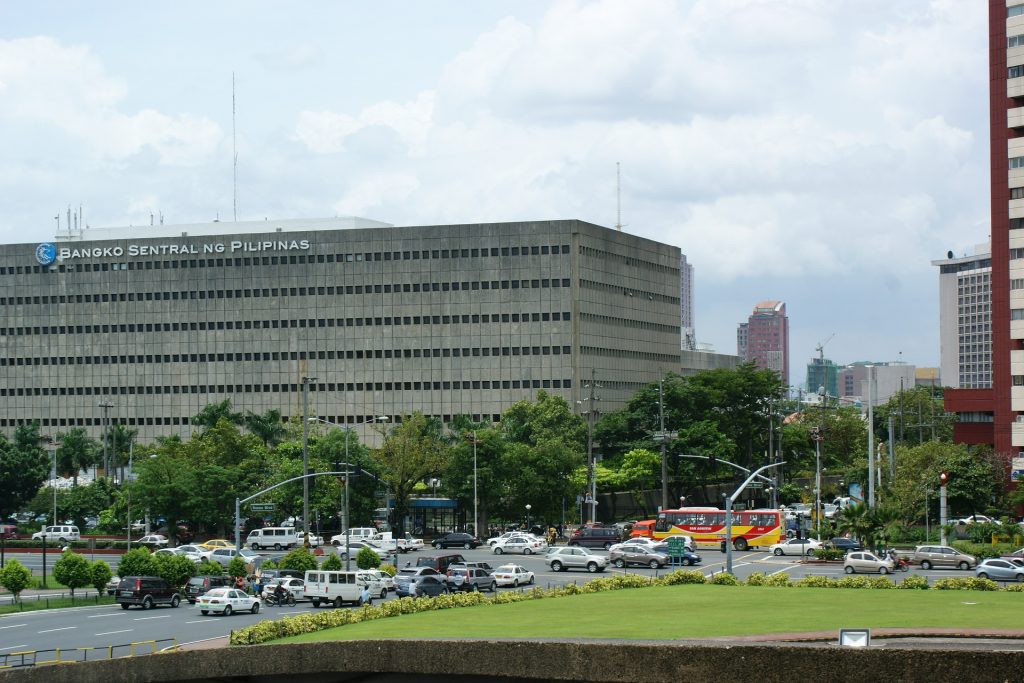Business and Economy
BSP closely monitoring global developments’ impact on inflation

MANILA – Monetary authorities are closely monitoring developments overseas such as upticks in oil prices, its impact on domestic inflation and any second-round effects.
Prices of oil in the international market further rose recently and Bangko Sentral ng Pilipinas (BSP) Governor Benjamin Diokno, in a Viber message to journalists on Friday, traced this to the ongoing conflict between Ukraine and Russia, which “have raised global and domestic macroeconomic uncertainty over the near term.”
“Under these circumstances, the BSP will continue to closely monitor the emerging risks to the outlook for inflation and remain vigilant against possible second-round effects from supply-side pressures or any shifts in the public’s inflation expectations,” he said.
The government has allocated a budget for subsidies to sectors affected by the oil price upticks such as public utility vehicle (PUV) drivers and operators and farmers.
Diokno said the central bank supports the non-monetary measures by the national government to help mitigate the impact of higher oil prices and avoid the broadening of price pressures.
“On the part of the BSP, it continues to have a wide arsenal of policy instruments to respond to the possible adverse impact of this external shock,” he said.
The Philippine Statistics Authority (PSA) on Friday reported that inflation rate last February is flat at 3 percent, which is within the central bank’s 2.8-3.6 percent forecast range for the month.
“Inflation is seen to accelerate over the near term due to higher oil prices as well as the impact of positive base effects,” Diokno said.
“Nonetheless, the BSP’s full-year inflation forecasts continue to show that inflation would average within the 2-4 percent target range for 2022-2023 as government direct measures help address the supply constraints,” he said.
He added that the central bank’s policy-making Monetary Board will review its assessment of the inflation outlook along with the latest global and domestic developments in its monetary policy meeting on March 24.



























